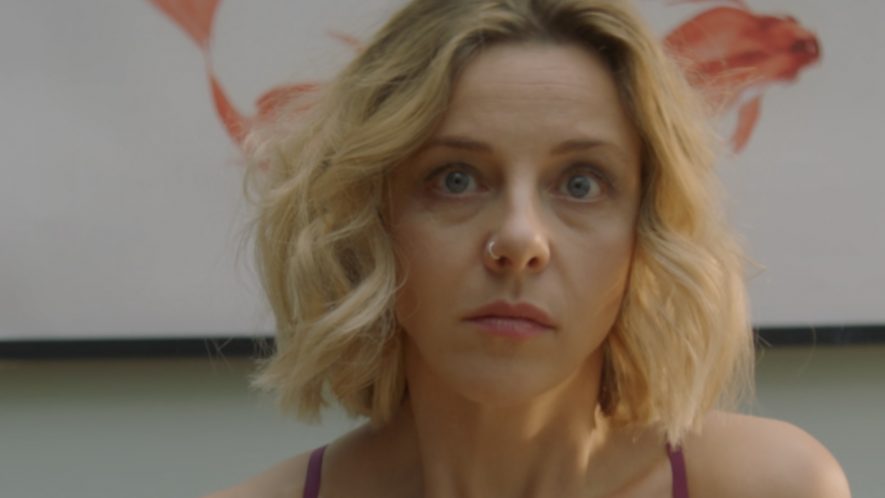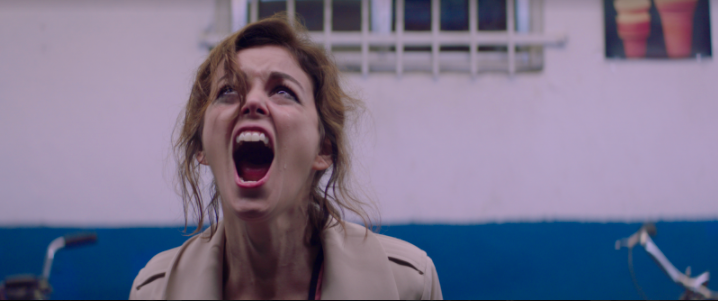As a white woman, I see myself in the Disney Princesses, white heroines of blockbuster franchise movies, charming musical ingenues, and glamorous old Hollywood starlets of the classic films that I watched. So on the surface, I am spoiled for choice when it comes to representation. But as a queer woman, the first places I saw myself represented positively were on TV. But even then, LGBTQ+ women are more often than not overly sexualized and fall into a villainous role defined by their sexuality. It’s hard to come to terms with your sexuality when the heroes look like you and the villains feel and love like you. It made me feel like a fraud. On the outside, I appeared to be the hero, but I was the villain, a despicable human who needed conversion on the inside. Most of my adolescent years were spent being torn apart by the seams until I started to see positive representation on the small screen and other parts of mainstream culture. Not everyone is so lucky.
Due to lingering racism and sexism in Hollywood today, we still have stories that rely on negative stereotypes of LGBTQ+ and BIPOC women specifically. These unfortunate circumstances are mainly the legacy of the Production Code, also known as the Hays Code, that restricted what films could show onscreen between 1934 and 1968, including interracial and same-sex relationships. This led to practices including blackface, brownface, yellowface, queer-coding, and queer-baiting, all of which are harmful to the people they claim to represent. Another legacy of the production code has led to most films in Hollywood, in general, being written, directed, and produced by straight white men, who more often than not neglect to include women at all in their stories, let alone women of color or members of the LGBTQ+ community. This is not to say that queer and BIPOC stories are not getting made by queer people and BIPOC because they are. But very rarely do we see those narratives told from a female perspective, both on-screen and behind the camera.
When the white, male Hollywood majority tells LGBTQ+ and BIPOC stories, the stories more often than not end in tragedy, as though being queer or not white or both is a recipe for fear, suffering, and martyrdom. We’ve seen these stories time and again, over and over. It’s not even representation; representation in film cannot be boiled down to stereotypes and formulas that are guaranteed to be critical successes to a straight, white male audience. If anything, these films are just a more tolerable version of the now very offensive movies written by the studio system over fifty years ago.
The victory for LGBTQ+ and BIPOC women comes when Hollywood finally allows people who are not straight white men to tell their stories outside of the Oscar-bait drama. To All the Boys I’ve Loved Before and Crazy Rich Asians both feature an Asian-American female lead with diverse casts, minority or female directors, female writers, and were generally well-received by audiences and critics. The most radical thing, however, is that they are both comedies. Sure, there is suffering on the part of the main character, but that suffering is not directly correlated to her race and instead gives young Asian women a protagonist in Hollywood who looks like her. Similarly, Birds of Prey, also directed, written, and produced by women, features multiple queer and female BIPOC characters who do not suffer because of their sexuality or race. Instead, they are incorporated into the larger superhero trend that has dominated the 2010’s.
Good representation is created outside of the standard Hollywood drama with new voices that offer different perspectives. Many snubbed female-driven films of the 2019 Oscar season were also directed and written by women. These people know how to create stories that not only pave the way for more diversity within traditional straight, white genres, but also for future female and other minority filmmakers who want to tell their stories with their unique voices. Women need representation to keep little girls from feeling like the villain when their lives have barely begun.
Words by Fiona Riley
For any questions please reach out to:
Email: [email protected]
Instagram: @watch.argo
Twitter: @watch_argo










